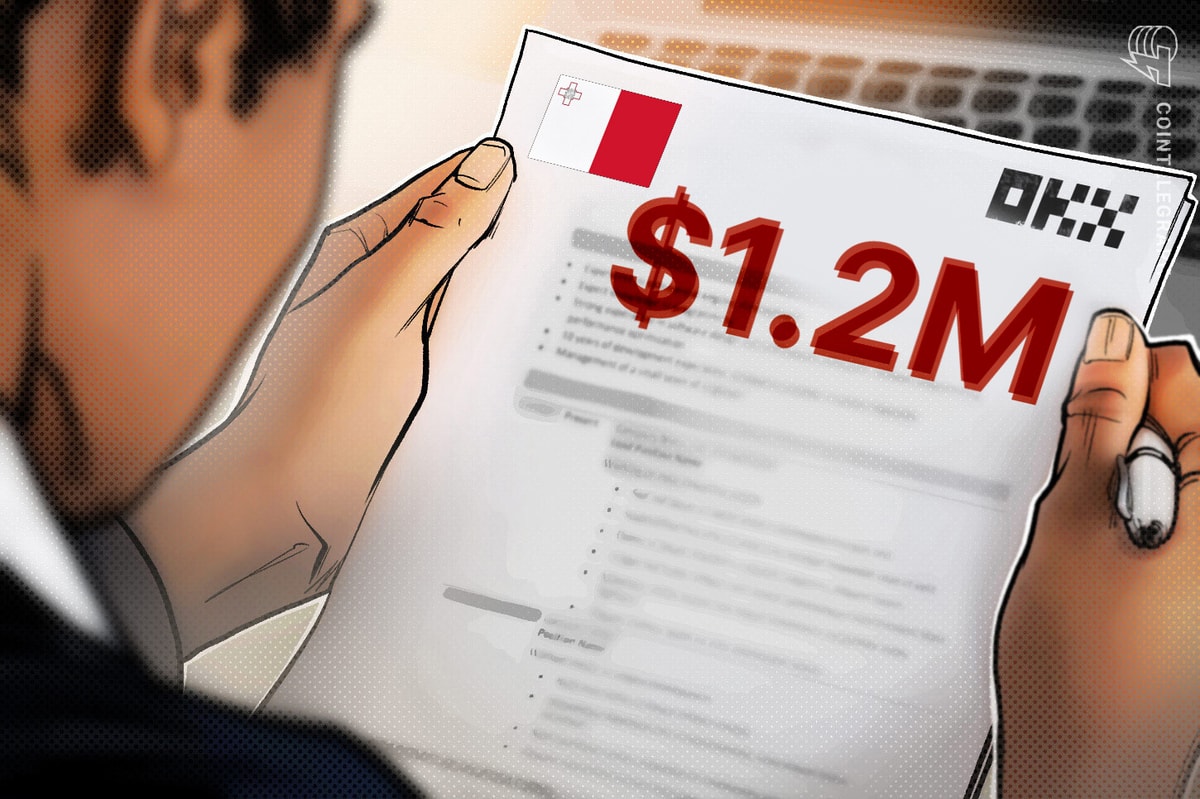An investigation by Thales has found no evidence that the LockBit ransomware organistion successfully attacked its systems, following threats by the group to post stolen company data on hacker forums.
On Tuesday, the French multinational publicly stated that it had seen posts on the dark web by ransomware group LockBit 3.0, claiming to have stolen data from Thales and threatening to post it online on 7 November. The company quickly informed the Agence nationale de la sécurité des systèmes d’information (ANSII), and began an internal investigation.
However, the investigation has found no evidence of exfiltrated data, nor even any trace of intrusion into company systems. At the time of writing, the group has not posted further threats nor provided the company with evidence of the attack.
“On Monday, October 31, 2022, the LockBit 3.0 extortion and ransomware group has announced plans to release data on 7 November 2022 at 06:29 UTC,” a Thales spokesperson told IT Pro.
“As of today, Thales has not identified any trace of impact on – nor intrusion into – its information systems.
“Besides, we have not received any direct ransom notification. A dedicated team of security experts systematically investigates this type of situation. We carefully monitor every allegation related to data theft as security of data remains our key priority.”
Thales has an active role in providing solutions to more than 30,000 enterprise customers including those in the defence sector, and is the primary contractor for NATO advanced missile and air defence systems.
Its partners include a number of governments, telecoms firms and financial institutions, to whom it provides services such as biometrics programmes, financial services, and data encryption.
LockBit’s historical stunts
This isn’t the first time that the LockBit group has posted that it has made claims about having attacked a company, only for it to be discovered that no such attack was made.
In June 2022, the group claimed that it had breached the network of cyber security giant Mandiant and posted a notice on its website claiming that the release of more than 350,000 stolen company files was imminent.
However, Mandiant never found evidence that such an attack had taken place, and the countdown to the leak on LockBit’s website came and went without the data ever being published.
A McAfee blog post covered a similar claim by LockBit, in which it stated that it had stolen data from intelligent security firm Northwave, which also never found evidence that its compromised systems experienced any data exfiltration.
Available through the ransomware as a service (RaaS) model, and in use by a number of other threat actors such as sanctioned Russian group ‘Evil Corp’, it is hard to categorically link the use of LockBit ransomware strains with the group.
LockBit continues to be the most widely-used strain in attacks, and in August vowed to be ‘more aggressive’ after being hit by a large distributed denial of service (DDoS) attack.
It accounted for 35.1% of all ransomware activity in Q3 2022, even as ransomware activity declined slightly. Its meteoric rise has been linked, in part, with the demise of rival group Conti, which ceased all activity in June following a public attack on the Costa Rican government and subsequent threat to overthrow it if the $20 million ransom was not paid in full.
A five step blueprint for master data management success
How to create a strategic plan for deploying your MDM initiative
iPaaS technology value matrix 2022
Simplify integration processes, reduce costs, enable business users, and redeploy developers to more advanced projects
Read More: news.google.com














 Bitcoin
Bitcoin  Ethereum
Ethereum  Tether
Tether  XRP
XRP  Solana
Solana  USDC
USDC  Dogecoin
Dogecoin  Cardano
Cardano  TRON
TRON  Lido Staked Ether
Lido Staked Ether  Wrapped Bitcoin
Wrapped Bitcoin  LEO Token
LEO Token  Toncoin
Toncoin  Chainlink
Chainlink  Stellar
Stellar  USDS
USDS  Wrapped stETH
Wrapped stETH  Avalanche
Avalanche  Sui
Sui  Shiba Inu
Shiba Inu  Hedera
Hedera  Litecoin
Litecoin  Polkadot
Polkadot  MANTRA
MANTRA  Bitcoin Cash
Bitcoin Cash  Bitget Token
Bitget Token  Ethena USDe
Ethena USDe  Binance Bridged USDT (BNB Smart Chain)
Binance Bridged USDT (BNB Smart Chain)  WETH
WETH  Wrapped eETH
Wrapped eETH  Hyperliquid
Hyperliquid  WhiteBIT Coin
WhiteBIT Coin  Monero
Monero  Pi Network
Pi Network  Uniswap
Uniswap  Dai
Dai  sUSDS
sUSDS  Pepe
Pepe  NEAR Protocol
NEAR Protocol  Aptos
Aptos  OKB
OKB  Coinbase Wrapped BTC
Coinbase Wrapped BTC  Gate
Gate  Tokenize Xchange
Tokenize Xchange  Ondo
Ondo  Cronos
Cronos  Mantle
Mantle  Ethereum Classic
Ethereum Classic  Internet Computer
Internet Computer